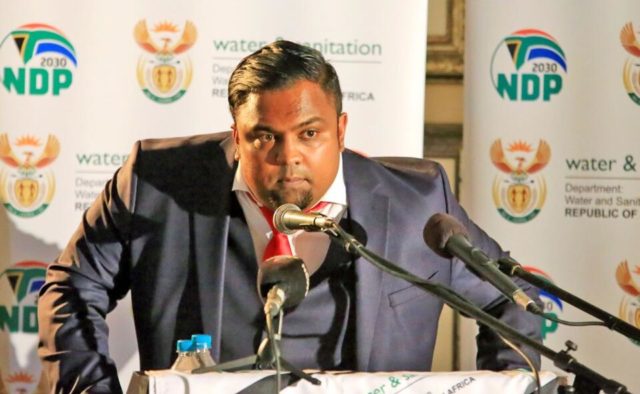The project has provided running water to communities and households and also saved the livelihoods of many people in the Northern Cape.
THE FUND of R306 million for water provision and to alleviate water scarcity in the Northern Cape has brought much relief to communities in the Province.
The Drought Relief Programme, which was launched by the Minister of Water and Sanitation, Lindiwe Sisulu, is aimed at assisting local farmers and farming communities and also enabling local households to get access to water.
According to V3 Consulting Engineering, the company which was tasked with carrying out the work for the programme, the project is about 95% completed.
V3 Consulting and Engineering consultant Andrew Pillay said the project not only provided running water to communities and households but also saved the livelihoods of many local people.
“In 2018 the Northern Cape was declared as a drought province by the minister. During the roll-out of this project, we have witnessed the impact of the drought on various communities and livestock. There were many farmers whose livestock were suffering due to the lack of water in their respective areas. There are many households that rely on the agriculture sector as a means of income. The drought posed a danger to those households. We were tasked to provide water to communities where there was a lack of that service,” said Pillay.
“Many households in some districts in the Province were forced to walk many miles in order to get water from a river. Others went days without water. Water is a very important necessity to all humans, animals and plants.”
Pillay added that they had encountered further challenges while trying to address the problem.
“A further challenge we experienced was that some areas had no electricity. We had to address that challenge by providing solar energy through solar plants and wind energy for the boreholes. We have provided over 200 sustainable solar- and wind-powered boreholes to communities.
“There was huge euphoria from the community when they saw they finally had access to water.”
Pillay said the programme was divided into three sub-projects in order to address the matter comprehensively.
“The programme commenced in February 2020 and it coincided with the Covid-19 lockdown. That was also one of the great challenges as the importance and access to water is not something one can delay. We divided the programme into sub-projects as each district had its own unique challenges.
“There were areas where we had to construct boreholes, while in other areas we had to provide water tankers and there were some areas where the refurbishment of small water treatment facilities was required.”
He added that a number of jobs were also created through the programme. “We managed to employ 10 engineering graduates with V3 Consultant Engineering through this programme. We also managed to create about 374 jobs during the programme.
“This programme is just one of the examples of how a good partnership between government and the private sector can alleviate social and service delivery challenges faced by community members,” Pillay concluded.








